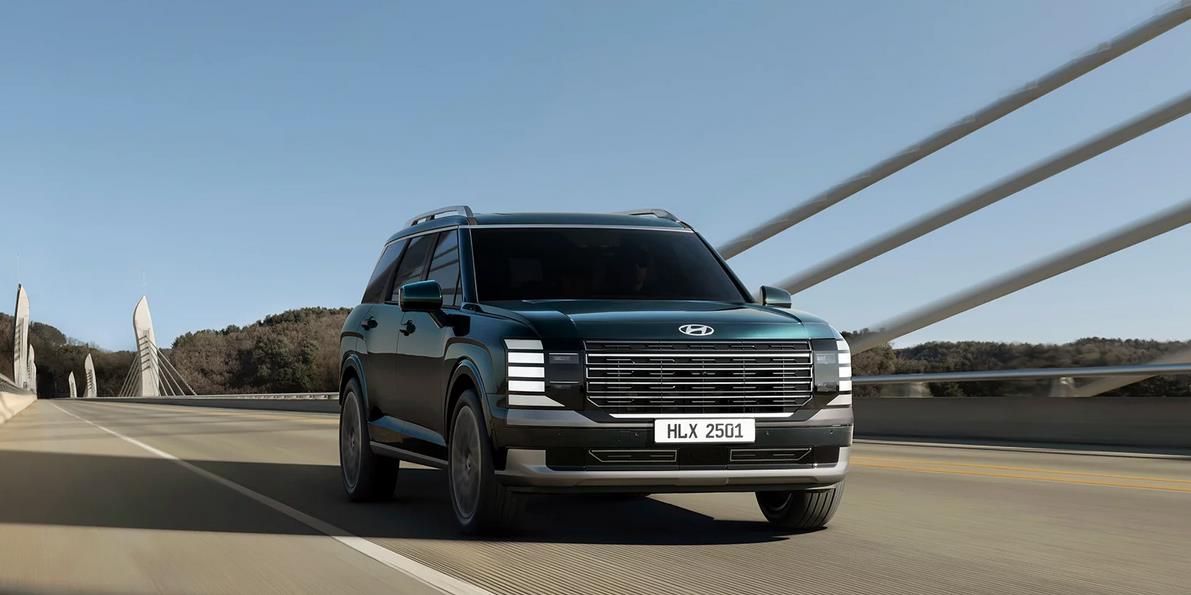According to foreign media reports, a new trade agreement between the United States and South Korea has reduced the tariff rate on cars imported from South Korea to the U.S. from the originally planned 25% to 15%. Similar to the agreement between the U.S. and Japan, this accord provides crucial relief for South Korean automakers. Joanna Chen, an analyst at Bloomberg Industry Research, stated that the 15% rate is expected to save Hyundai and Kia over $3 billion in tariff costs compared to the previous 25% rate. However, Chen noted that since most vehicles exported by Hyundai and Kia to the U.S. previously enjoyed zero tariffs, the new 15% tariff will still result in an additional loss of up to $5 billion for these companies, equivalent to 25% to 30% of their 2024 earnings before interest and taxes. The impact of the tariffs comes at a time of increased economic uncertainty in the U.S. and reduced consumer demand due to the cancellation of government electric vehicle subsidies. Additionally, the South Korean automotive industry now faces intensified competition from Japanese rivals, who also face the 15% tariff, further complicating challenges for Hyundai and Kia in the U.S. market. Investors expressed disappointment when the U.S. rejected South Korea's request to set the auto tariff at 12.5%, leading to a 4.5% drop in Hyundai's stock price on the Seoul stock market, the largest decline since April 11, while Kia's stock fell by 7.3%, marking the largest drop since August 2024. Hyundai's Executive Chairman Chung Euisun joined the South Korean negotiating team in the final stages of talks with the U.S. Given that Hyundai relies more heavily on domestic production, it is more susceptible to the impacts of U.S. tariffs compared to its peers. Following the trade agreement between South Korea and the U.S., Hyundai welcomed the deal in a statement, calling it a 'historic achievement.' Hyundai and Kia are already exploring strategies to mitigate the impact of tariffs, including increasing production at their plants in Alabama and Georgia and adjusting logistics routes. In March, Hyundai announced a plan to invest $21 billion in the U.S. by 2028 to expand production and create about 14,000 direct jobs. Of this investment, $9 billion is specifically earmarked for capacity expansion, aiming to increase the annual output of local plants to approximately 1.2 million vehicles.
South Korea Secures Reduced Tariff Rate for Auto Exports to the U.S.

Share this post on: